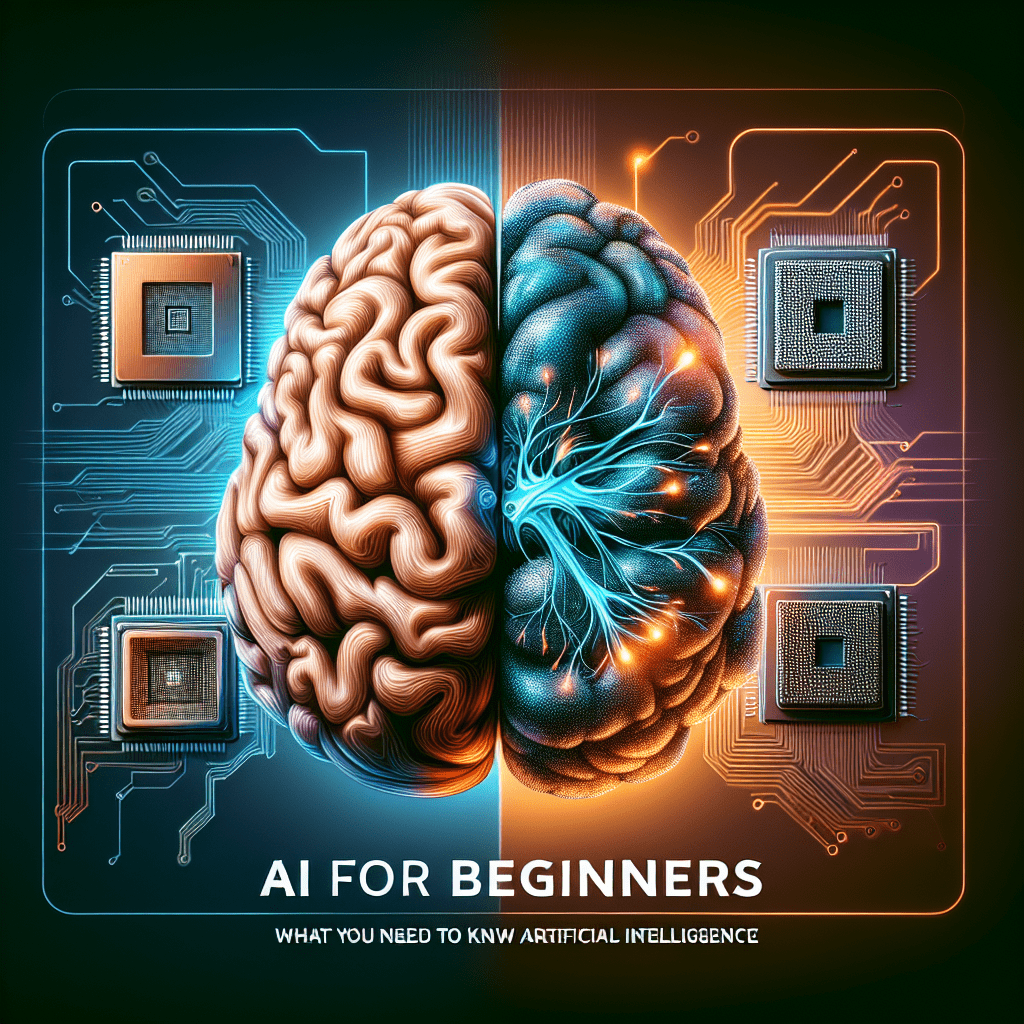Artificial Intelligence, or AI, is a rapidly growing field that is changing the way we live and work. From self-driving cars to personalized recommendations on streaming services, AI is all around us. If you’re new to the world of AI and want to learn more about its basics and applications, this guide is for you.
What is Artificial Intelligence?
Artificial Intelligence refers to the simulation of human intelligence in machines that are programmed to think and act like humans. AI involves the development of algorithms that can perform tasks that usually require human intelligence, such as visual perception, speech recognition, decision-making, and language translation.
How Does AI Work?
AI systems are designed to analyze large amounts of data, learn from it, and make decisions or predictions based on that data. There are different types of AI, such as machine learning, deep learning, and natural language processing, each with its own set of algorithms and applications.
Applications of AI
AI is being used in a variety of industries and fields, including:
- Healthcare: AI is being used to assist in diagnosing diseases, developing personalized treatment plans, and predicting patient outcomes.
- Finance: AI is used for fraud detection, risk assessment, algorithmic trading, and customer service.
- Retail: AI powers recommendation systems, inventory management, and customer service chatbots.
- Transportation: AI is used in autonomous vehicles, traffic management, and route optimization.
How is AI Shaping the Future?
AI has the potential to transform industries and create new opportunities for innovation. From increasing efficiency and productivity to improving decision-making processes, AI is shaping the future in ways we never imagined. However, it also raises ethical and societal concerns, such as job displacement and data privacy issues.
Conclusion
As AI continues to advance, it is crucial for beginners to understand its basics and potential applications. By learning about AI, you can stay informed about the latest technological developments and be prepared for the future of work and society.
FAQs
Q: What are the different types of AI?
A: The main types of AI are machine learning, deep learning, and natural language processing.
Q: How is AI different from automation?
A: AI involves machines that can learn and adapt, while automation involves machines that perform predefined tasks without learning.
Q: What are some ethical concerns associated with AI?
A: Ethical concerns related to AI include job displacement, bias in algorithms, data privacy issues, and the potential misuse of AI technology.
Quotes
“Artificial Intelligence will reach human levels by around 2029. Follow that out further to, say, 2045, we will have multiplied the intelligence, the human biological machine intelligence of our civilization a billion-fold.” – Ray Kurzweil
#Beginners #Artificial #Intelligence


